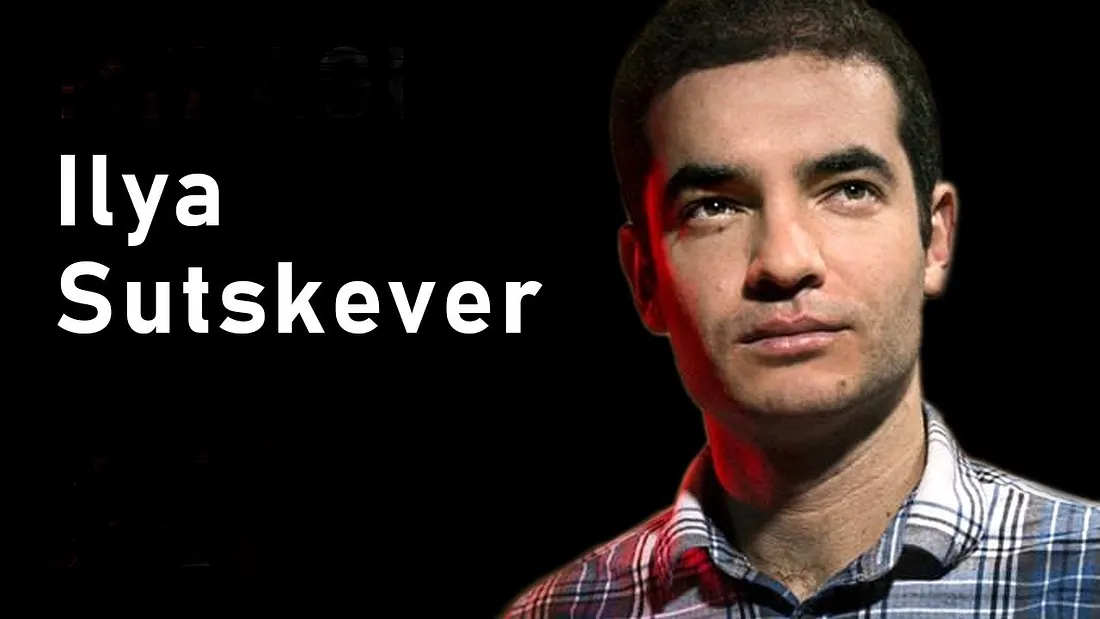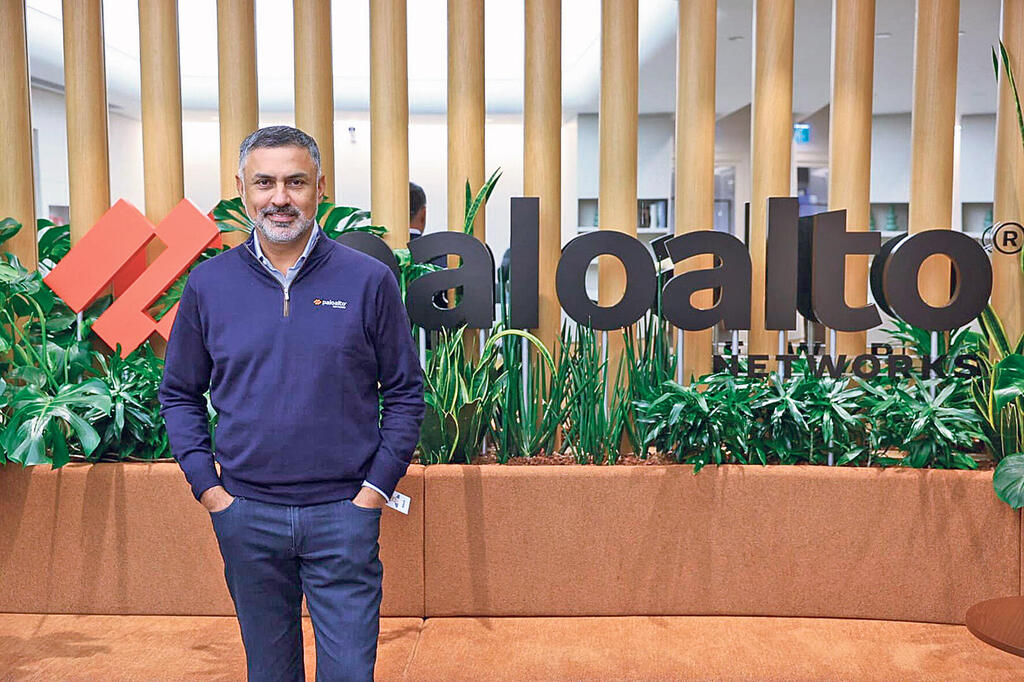CHAPTER 7. THE TECHNOLOGY INCUBATORS
Convinced that the country’s economic future was and would continue to be largely dependent on the success of its technology industries, the state of Israel launched a comprehensive venture capital program while promoting technological innovation: the national technology incubator program.
A crucible of success and innovation, representative of Israeli culture and its pragmatic and supportive mindset, the program allows any new entrepreneur with an innovation idea to turn it into a product. The program provides logistical support and financial support to start production, marketing, and exporting. The idea must be new and unique, offer a product-oriented, R&D-based, and present significant interest for a particular market. It is subject to a very strict overall study before becoming operational.
The Specific Characteristics of the Israeli Incubator Program
The Israeli program was designed to meet the specific expectations of a nation by maximizing human capital and converting it into a competitive economic advantage. The underlying concept of creating this program is as follows: due its history and its war-torn situation, the country possesses a unique pool of human resources and cannot afford to see good ideas sink into oblivion due to a lack of means for their implementation.
Initially aimed at new Russian-origin immigrants, it quickly addressed any Israeli who wanted to turn their ideas into products whose feasibility, novelty, and competitiveness are designed for the international market. It is designed to provide the appropriate technological environment, extended financial, practical, and logistical support, expert advice for commercialization, administrative assistance, and to guide the first, most delicate step of entrepreneurship.
In 1991, the Israeli government created the State Director of Science Office – which is under the Ministry of Industry, Labor, and Trade – whose function is to select and support a maximum number of projects within budgetary limits. The ministry specifies that there are no predetermined fields, unless a specialized incubator decides otherwise. However incubators have generally specialized in the following areas of activity: software, life sciences, medical equipment, environment, water sciences, information and communication technologies, all of which are related to R&D.
The Israeli model of financing young companies is not based on the welfare state, as its economy has always been mixed, and over time, the public sector has decreased in favor of private companies. Furthermore, the state is reimbursed in case of success but not in case of failure. Finally, government support for incubator and project management is demonstrated by the support of the State Director of Science Office, with the incubators taking on their management on a fiduciary basis for the operation. This accountability ensures the effectiveness of all operations. The Israeli program cannot therefore be considered as more or less a « French-style » subsidy, in that far from substituting for private funding, it stimulates, structures, and then withdraws. Designed to attract capital, the program has never competed with private companies, and on the contrary, has made it easier for them in terms of taxation. The strategy has proven to be successful since the incubators have privately raised double the initial state investment in the private sector.
This policy of encouragement and concrete support means that a potential failure is
accepted: the risk of a company’s cessation of activity after leaving the incubator is considered inherent to its creation, regardless of the efforts made beforehand.
Incubators therefore allow for the development of a less noticeable but truly beneficial aspect for the company: being in contact with other start-ups in incubation, weaving a social link and therefore a network to which it can later turn.
The time spent in the incubator is generally about two years, or three for biotech projects.
Principles
When a « startup » goes through a national incubator, the state’s reimbursement for success is carried out by a royalty system calculated as a percentage of sales (around 3% of revenue). Approximately 200 projects are currently underway in various incubators. Thousands of projects have been through the incubators, of which many of them attracted private investors.
The Move Towards Privatization
Before the launch of the specialization program, incubators were non-profit. They generally belonged to prestigious universities, local communities, or industries. Their expenses for premises and administration were covered by the government through the OCS (Office of the Chief Scientist). Each incubator was subsidized with about $200,000 per year for its operations.
The move towards privatization was considered a revolution in the national technology incubator program, bringing renewal. Incubators started a transformation process funded by professional, experienced investors with a network of contacts able to offer their incubated companies a powerful development in business. Due to the presence and involvement of private investors seeking significant results, incubators had to prove recognized success by developing more companies that would attract significant venture capital funds after or even before their incubation period.
In 2001, at the request of Nathan Sharansky, then Minister of Industry, Yair Shamir conducted an analysis of incubator performance. The conclusions were categorical: privatizing incubators will increase the chances of project success; actors and professionals are needed to accompany them.
In 2002, hoping to achieve better results for the program, the OCS launched the privatization program with the main objective of reinforcing the professional and financial capacities of the incubators. This privatization phase was carried out with great rigor by the state. Rina Pridor, founder and manager of the program for eighteen years, testified before leaving her position in 2009: « We were looking for funds that were really working towards the success of a project, to the point of putting their personnel at the disposal of the companies. »
During the privatization program, the incubators became for-profit companies. Their new shareholders included venture capital funds, private investors, investment companies, high-tech companies, local authorities, and universities.
The establishment of private incubators aimed at meeting the unique technological needs of each field or sector of activity; their management and teams had to specialize completely or partially. With privatization came financial capability, and investor-focused companies were then encouraged. These owners, seeking to add value to the start-ups, provided improved advice, functional assistance, and help in raising funds by connecting them to strategic partners or networks.
Private incubators provide valuable opportunities for investors, allowing them to acquire interesting assets, experience significant increases in value, and have an overview of the established companies within the incubator. All of these benefits can be achieved with low risk, thanks to the large amount brought by the government at the initial investment.
Management help, mentoring (the presence of a mentor accompanying the entrepreneurs), and directions taken by the incubator owners were sufficient to attract new investors. These include the success of technology and/or product feasibility, sales/commercial evidence, preparation of a validated business plan, and finally the recruitment of a team. As a result, post-incubator fundraising increased.
The annual budget allocated to the 24 currently dispersed incubators throughout the country has increased dramaticalley.
Operation of the Incubator
Each incubator is led by a qualified and experienced general manager and is governed by a policy-making board consisting of industry professionals, business leaders, and academic institutions. There is also a project committee made up of top business executives and industry leaders, high-tech company R&D managers, university professors and academic institutes, and public figures involved in project selection and in providing guidance, direction, and consultation during the incubation period.
All incubators offer appropriate facilities and infrastructure for entrepreneurs to conduct their R&D activities and provide them with financial, technological, and administrative support.
When a project is approved, an independent anonymous company is set up, operating in the same way as a commercial company. The projects are then transferred to the incubator facilities. To be selected, projects must be based on a technologically innovative idea from an entrepreneur (not a company), require R&D, and aim to develop products with export potential.
For each project, a team of three to six employees is hired and has the support of the incubator management. Projects accepted by the incubators remain there for up to two years, except for biotech projects, which receive an additional year. It is expected that during this period, the start-up will make considerable progress (e.g., develop a prototype and business plan or clearly define the product and provide evidence of its technological feasibility), making the company eligible for commercial investment and/or involvement from a strategic partner.
Each incubator is structured to accommodate ten to fifteen projects simultaneously, with an average of three to eight projects adopted each year.






